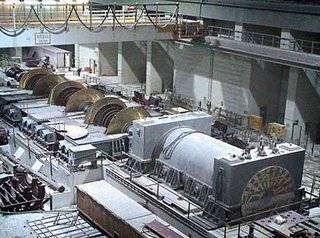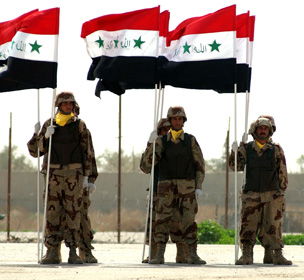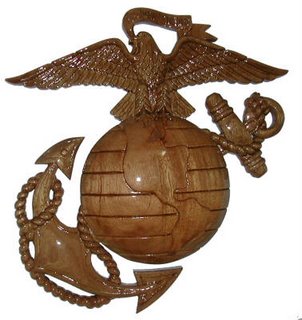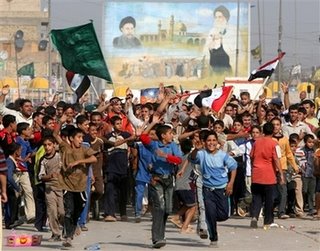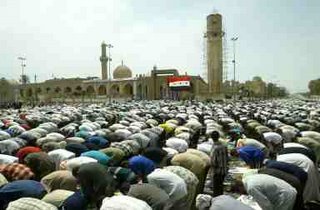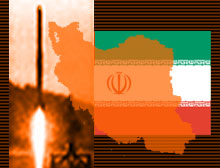 Many soft voices are encouraging diplomacy with Iran. If we only knew how much Iran has been behind the terrorism that has affected the United States, and how long they have been working on "the bomb", we would think otherwise. Diplomacy with liars only gives them more time to develop their schemes of destruction.
Many soft voices are encouraging diplomacy with Iran. If we only knew how much Iran has been behind the terrorism that has affected the United States, and how long they have been working on "the bomb", we would think otherwise. Diplomacy with liars only gives them more time to develop their schemes of destruction.
Following the 1981 bombings of the US and French military barracks in Beirut, Lebanon, where 241 American and nearly 100 French lives were lost, investigation determined that Iran had commissioned and paid for the bombings. They were so concerned that the job be done correctly, that they even assigned Iranian drivers for the explosives-laden trucks that committed the mayhem. This is the first in a series of eye-opening anecdotal revelations in the recent book Countdown to Crisis by Kenneth Timmerman.
Fifteen years later a very similar attack occurred at the United States Air Force barracks in Dhahran, Saudi Arabia. Nearly 30 people were killed, this time including innocent wives and children of the airmen. The ultimate order for this bombing, as well, came from Tehran.
In 1992, the Israeli embassy in Buenos Aires was flattened by a bomb. Twenty-nine people were killed and 242 were wounded. None of the casualties were Iranian--they having been apprised of the attack well in advance by the puppet masters in Tehran.
The notorious National Organization for Intelligence and Security (Farsi acronym SAVAK) was hardly disbanded before the Ayatollahn revolutionaries took over nearly the entire SAVAK network, using torture with far more effect and frequency than the Shah ever had. Inside the massive terror headquarters in Sultanatabad stood a notorious wall--the Target Wall. Names and locations of Iranian dissidents filled the wall, to be taken down when merciless Iranian Revolutionary Guards had taken the dissidents out in various places in Europe. In early 2001, a new target went up on the target wall:
a 5-foot tall poster of the World Trade Center. Next to that were similar photographs of CIA headquarters and the Pentagon.
German intelligence investigators learned that prior to the attacks on 9/11, the hijackers and higher ups from al Qaeda had steady visits to and other contacts with the Iranian mullahcracy. Many of the meetings were held in a posh suburb of Tehran. A frequent attendee was Ayman al Zawahiri. The second most important al Qaeda attendee was Imad Mugniyeh. They came to a quick agreement that they shared a common enemy. Ayatollah Ali Khamenei, according to a Top Secret official Iranian document, stated that it was important to "strike at [America's] economic structure, their reputation...and their internal peace and security."
Saddam Hussein was worried enough about Iran's nuclear progress that on March 24, 1984, the Iraqi Air Force destroyed the Busheir nuclear plant in southern Iran.
On March 14, 1986 began a 6-day conference about the regeneration of Iran's nuclear program. Of 4,500 scientists prior to the 1979 revolution, only about 800 remained. A plea went out for the expatriates to return home, and not only would all be forgiven, but the scientists would receive special treatment.
Pakistani nuclear expert A. Q. Khan has been a frequent consultant for the Iranian dictators. He once spoke
"...there is only a weak, transparent screen between the two. Once you know how to make reactors, how to produce plutonium and reprocess it, it becomes a rather easy task to produce nuclear weapons."
To be continued...

